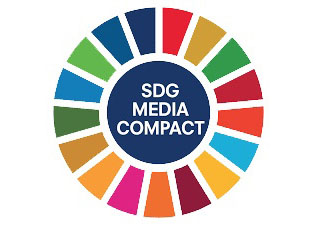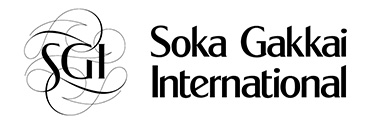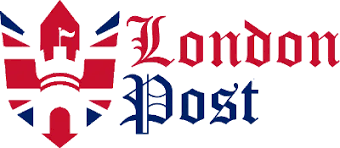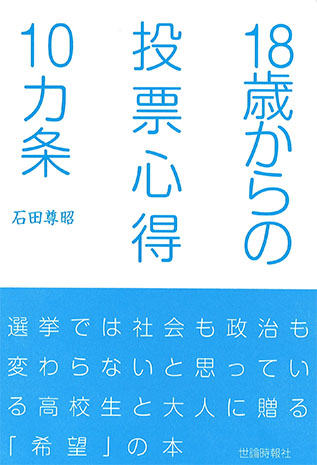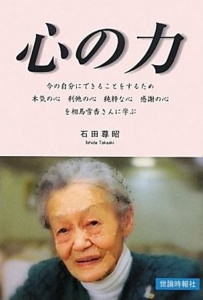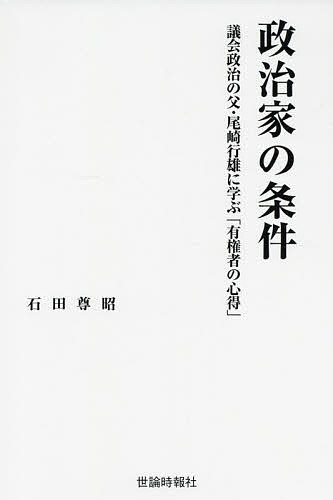By A. D. McKenzie | IDN-InDepth NewsAnalysis
PARIS (IDN) – With inequality as well as extremism a growing concern around the world, education has a crucial role to play in contributing to peace and sustainable development, experts say.
“Education is a common good, and it’s the moral responsibility of governments to provide it. But the challenge we now face is how to use education to have peaceful and sustainable societies,” said Peter deSouza, professor at the India-based Centre for the Study of Developing Societies A keynote speaker at the Second UNESCO Forum on Global Citizenship Education that took place January 28 to 30 in Paris, deSouza told IDN that the world ran the risk of “losing the battle” regarding the true aims of education to produce better citizens.
“We need to move into campaign mode and have a powerful movement for education now because we’ve seen with the women’s movement and with the environmental movement how minds and values can change,” he said in an interview on the sidelines of the conference.
He argued that the international education discourse was unfortunately being driven by corporate sway, or what he called the “Davos way”, referring to the annual World Economic Forum in Switzerland that brings together “global elites” from the business, political and entertainment sectors. This produces a “hegemonic and detrimental discourse”, deSouza said.
“Education is becoming more and more corporate driven, with business opportunity being the aim, but in the meantime public schools are falling off the radar and inequality is increasing,” he added.
At the conference, the two main themes were global citizenship education in the post-2015 development agenda and its role for building “peaceful and sustainable societies”.
The discussions were expected to result in “concrete inputs” to the emerging Framework for Action on Education post-2015 that will be adopted at the World Education Forum in May, being held in the Republic of Korea, officials said.
“New skills for new times”
Opening the discussions, UNESCO Director-General Irina Bokova told the 250 participants from around the globe that the world needed “new skills for new times”.
She said that education was not just about transmitting information and knowledge, but also about providing the values, capabilities and attitudes that can contribute to a more “peaceful, just, inclusive and sustainable” world.
“We must sharpen our vision and place global citizenship education in the context of all our work – to eradicate poverty, to enhance social inclusion, to respond sustainably to the needs of all societies, to build a culture of peace,” Bokova said.
She emphasized that education could help foster greater respect and understanding between cultures, give learners “tools to make the most of diversity” and also “harness the energy of young women and men for the benefit of all”.
The conference began exactly three weeks after the January 7 attacks in Paris in which 17 people were killed by three young militants. The victims included nine journalists who worked for Charlie Hebdo, a satirical weekly newspaper that had published controversial cartoons of the Prophet Muhammad.
In the shadow of such violence, discussions on the role of education in the fight against extremism, and in promoting intercultural and interfaith dialogue were of particular significance. Participants called for the full engagement of youth, alongside educators, in developing long-term policies for global citizenship education.
Secular values
Amira Yahyaoui, president and founder of the Tunisian NGO Al Bawsala, stressed that young people needed to be educated about how to live together in a diverse world, and especially about “laicité” (or secular values) in relationship to religious beliefs.
She also called for more attention to the plight of children in conflict-torn regions who “no longer have the right to childhood”, saying that these youngsters must be taught the “right to survive”. She said that educating parents and grandparents was fundamental as well.
“When it’s a mother who explains to a girl that she is not equal to her brother, how can you educate against this inequality?” she asked.
According to UNESCO, the aim of global citizen education (GCED) is to “equip learners of all ages with those values, knowledge and skills that are based on and instill respect for human rights, social justice, diversity, gender equality and environmental sustainability and that empower learners to be responsible global citizens.”
GCED also gives learners “the competencies and opportunity to realise their rights and obligations to promote a better world and future for all”, and it is aimed at all ages: children, youth and adults.
Although global citizenship education can be delivered in a variety of ways, the main method in most states will be through the formal education system, officials said. As such, governments can integrate the concept either as part of existing programmes or as a separate subject.
The values of “global citizenship” have been in consideration for some time, but UNESCO explained that it has “gained momentum since the launch of the UN Secretary General’s Global Education First Initiative (GEFI) in 2012, which has identified ‘fostering global citizenship’ as one of its three priority areas of work, along with access to and quality of education”.
Among the UNESCO measures in this area is the “Teaching Respect for All” project, launched jointly with Brazil and the United States in 2012 to “counteract discrimination both in and through education”. Work on this is being carried out in Brazil, Kenya, Ivory Coast and other countries.
The organization has also created a clearinghouse on GCED, in cooperation with the Asia-Pacific Centre of Education for International Understanding.
While the numerous areas of discussion (which included sexuality and health education) were at times overwhelming and repetitive during the conference, the significance of the issues seemed inescapably real. This was underscored by the presence of many young people among the academics, policy makers, NGOs and UN agencies participating.
Chernor Bah, the Sierra Leone-born chairperson of the Youth Advocacy Group of GEFI, said the meeting was important because it raised concrete proposals for the post-2015 education agenda, such as how to measure the outcomes of GCED and build international partnerships.
“We have a responsibility to one another, and our humanity is more important than our nationality, ethnicity or religious beliefs,” Bah told IDN. “As the African saying goes – I am because you are. And that’s what being a global citizen is really about.” [IDN-InDepthNews – January 30, 2015]
Peter deSouza | Photo Credit: UNESCO K. Holt



